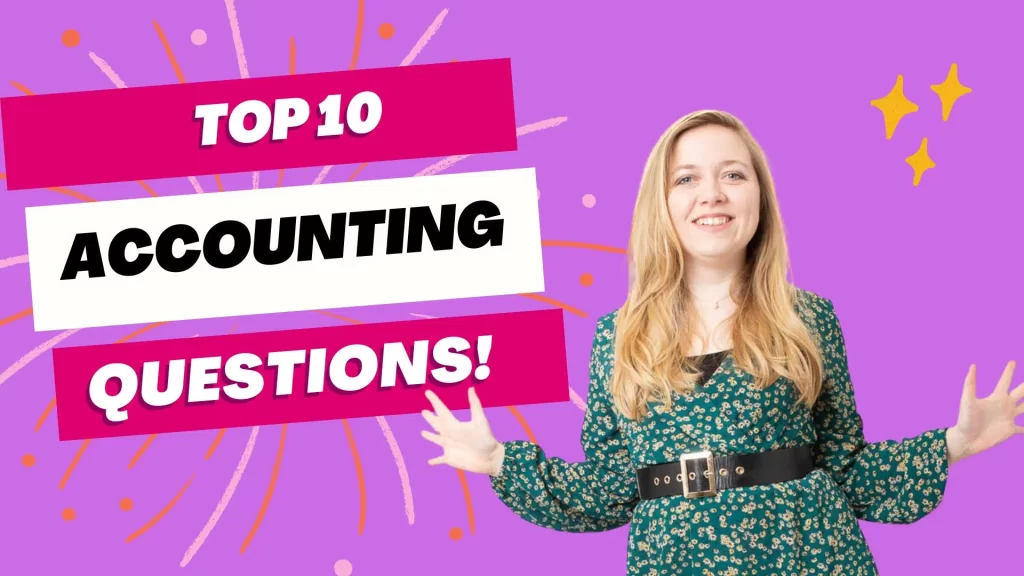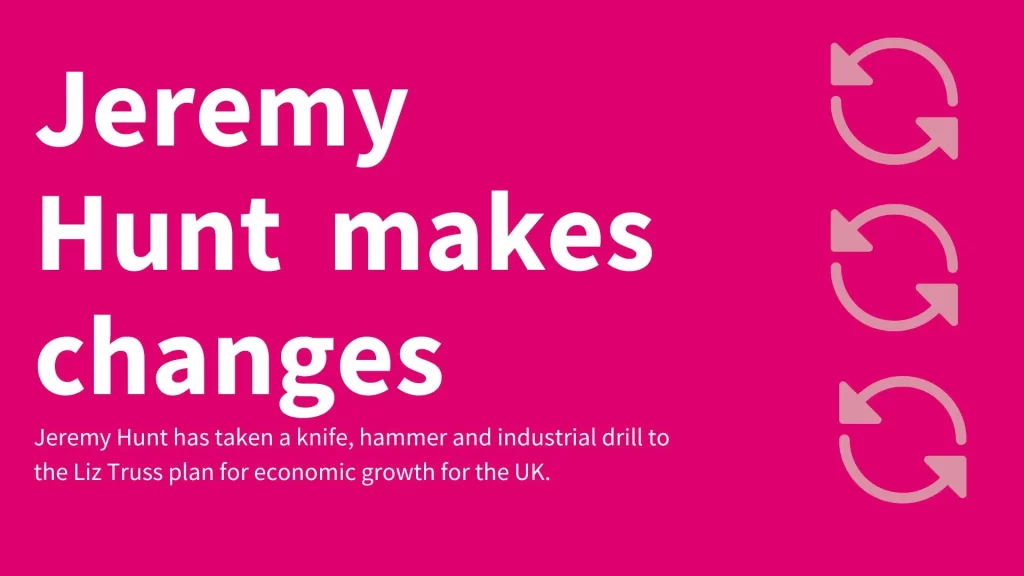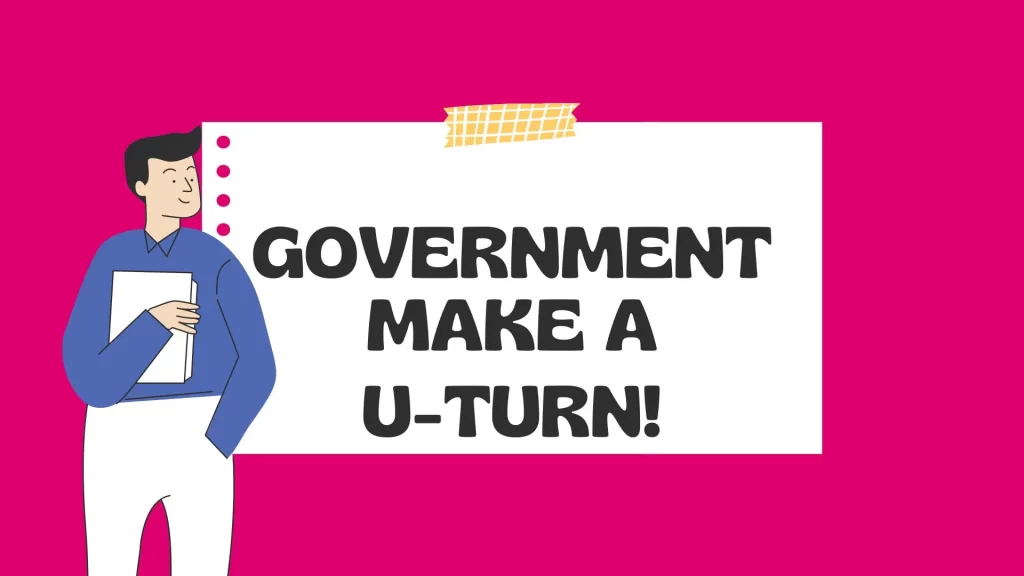
As accountants, a lot of our time is spent answering your queries and questions to help ensure you make the…

As accountants, a lot of our time is spent answering your queries and questions to help ensure you make the…

Here is another blog with yet more changes and reversals to the Kwarteng mini-budget that wasn’t a budget. In short,…

On Friday afternoon the UK Prime Minister, Liz Truss held a press conference. Ahead of this press conference, it was announced…